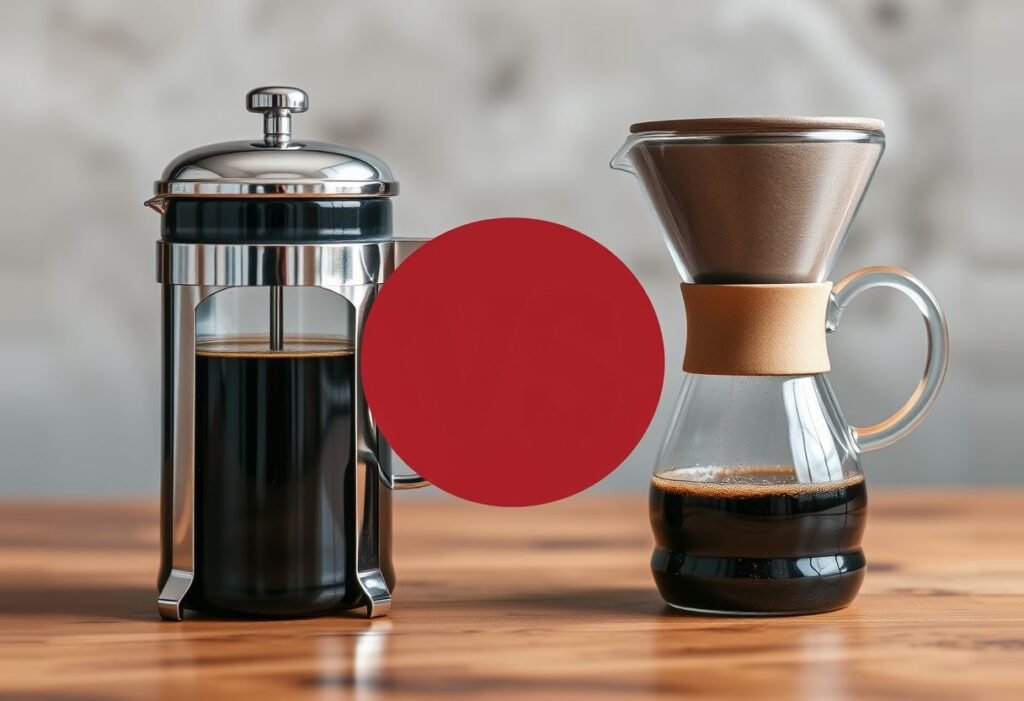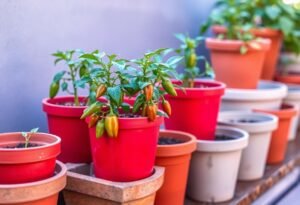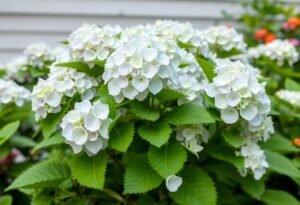Understanding the Magic of French Press Coffee
The French press has become a staple in many households, especially among coffee lovers. Its straightforward design makes it easy to brew a rich and flavorful cup of coffee without complex equipment. All you need to do is coarsely grind your coffee beans, add hot water, steep it for a few minutes, and plunge the device down. This method extracts essential oils and flavors from the coffee grounds, resulting in a robust and full-bodied brew. The charm of french press coffee lies in its simplicity and the deep flavor it provides, inviting passionate coffee enthusiasts to enjoy their beverage to the fullest.
Pour Over: The Art of Precision Brewing
On the other hand, the pour over method is favored by those who appreciate the control it offers. This brewing technique requires pouring hot water over coffee grounds gradually, allowing you to have a hand in every step of the process. The precision involved in pour over gives coffee lovers the freedom to highlight specific flavor notes and aromas in their brew. While it may take a bit more time and care, many find that the result—a clean and complex coffee profile— is well worth the effort.
Flavor Differences: French Press Coffee vs Pour Over
One of the most compelling aspects of french press coffee compared to pour over is the flavor profile. The French press produces a thicker and creamier coffee, while the pour over method typically yields a lighter and more nuanced brew. The use of filters in pour over removes sediment, leading to a smooth sipping experience. It’s this delightful contrast in flavors that attracts different groups of coffee lovers to either method, creating a rich tapestry of personal taste preferences.
Choosing the Right Equipment for Brewing
Finding the right equipment for your brewing journey is pivotal to enjoying either method. For french press coffee, a basic model can be found in most kitchen appliance sections. In contrast, the pour over method requires a dedicated dripper and filters to achieve that exemplary cup. Investing in quality tools will elevate your brewing game, allowing you to maximize the taste of your coffee.
Eco-Friendly Brewing Choices
Today, more coffee enthusiasts are becoming conscious of environmentally friendly options. The pour over method, while delightful, often leads to more waste due to paper filters, whereas the french press stands out as a more sustainable choice by eliminating the need for disposable filters. It’s essential to consider which method aligns with your eco-conscious values while enjoying your daily brew.
How to Choose the Best Brewing Method for You
Choosing between brewing methods comes down to personal preference. If you savor the richness and full flavor of coffee, french press coffee may be the perfect solution. Conversely, if you love experimenting and fine-tuning flavor profiles, you may lean toward pour over. The beauty of coffee lies in its variety; don’t hesitate to try both methods and discover which one truly captures your palate.
Conclusion
Deciding between french press coffee and pour over ultimately hinges on your individual tastes and lifestyle choices. Both methods bring unique advantages to the table. You owe it to yourself to explore the fascinating world of coffee brewing—try different beans, tweak your methods, and unveil the hidden flavors waiting to be discovered. You never know, your next favorite brew might be just a plunge or pour away!
Disclaimer
This article is for information purposes only and is not a substitute for professional advice. Before making decisions about coffee brewing methods, consult a coffee specialist for tailored recommendations.

















